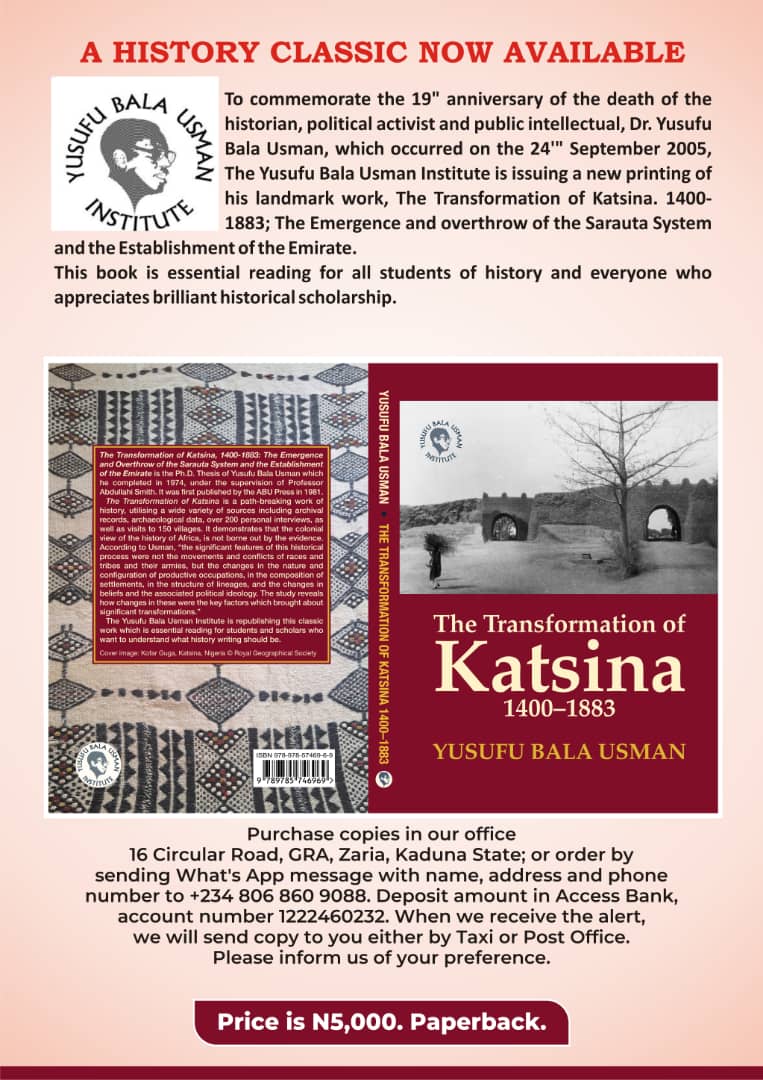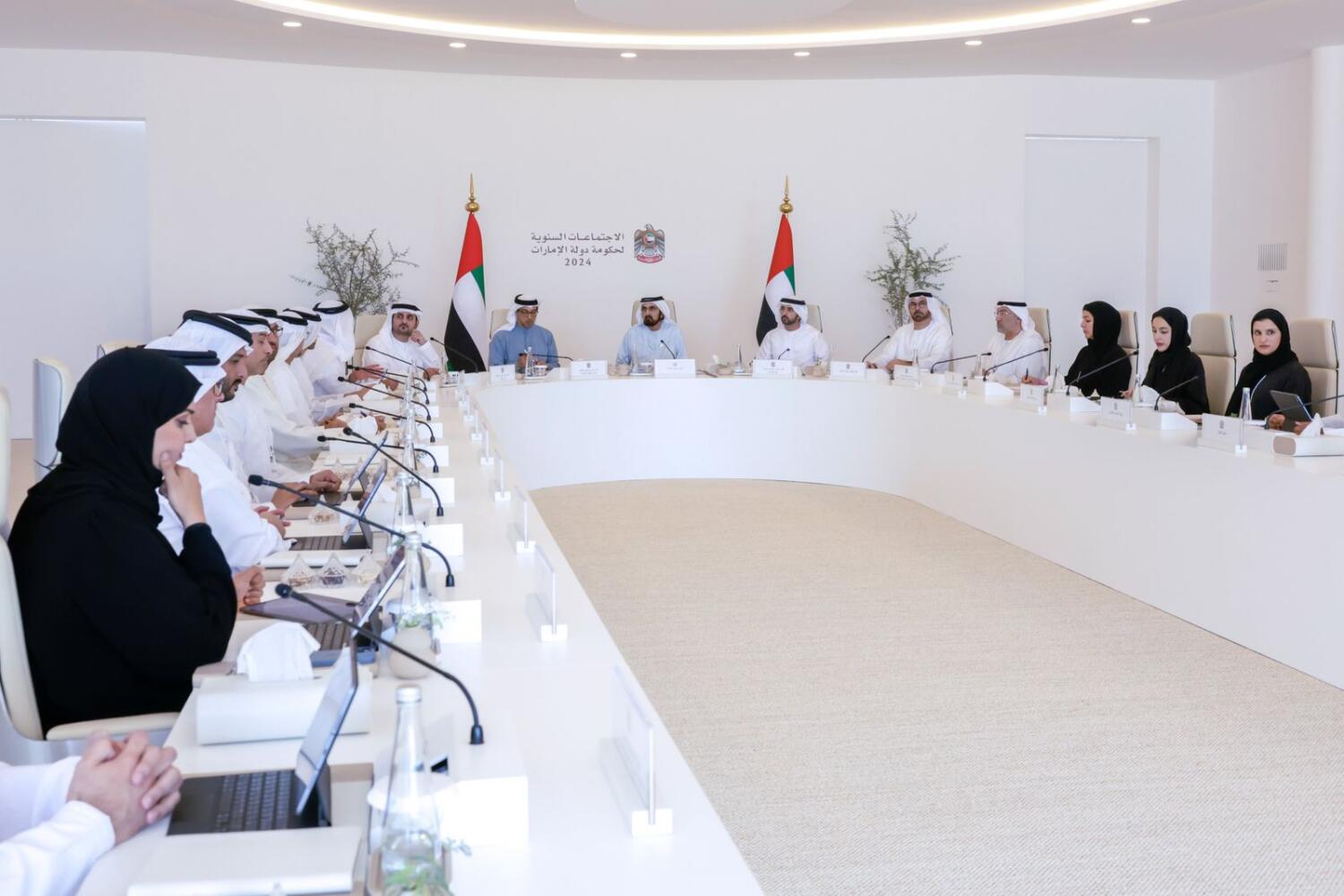KABUL – Since the Taliban takeover in August 2021, Afghanistan has witnessed a devastating decline in press freedom and the plight of journalists. According to the Afghanistan Journalists’ Center (AFJC), the situation has reached alarming proportions as 84% of women journalists lost their jobs facing the harshest consequences of the Taliban’s restrictions.
A representative of the Afghanistan Journalists’ Center (AFJC) in an interview with Global Voices said press freedom itself has been severely compromised. Journalists have become targets of physical violence and arbitrary detention by the Taliban, leading to self-censorship and a chilling effect on critical reporting. Many journalists have been forced to flee the country, leaving behind their careers out of fear for their safety.
In just three months of Taliban rule, 43 percent of media outlets in Afghanistan closed their doors. The number of media professionals dwindled from 10,870 in August 2021 to a mere 4,360 by December of the same year.
AFJC, dedicated to safeguarding journalists’ rights and freedom of expression in Afghanistan, documented 366 incidents of media freedom violations during the Taliban’s rule. These include the tragic loss of three journalists’ lives, injuries in 23 cases, 176 detentions with physical violence and torture, 139 threats, and 25 cases of physical harassment.
More than half of Afghanistan’s 600 media outlets have shut down, and numerous journalists, particularly women, have lost their jobs or been compelled to leave the country. The media landscape remains under relentless pressure due to financial challenges and restrictive policies.
To adapt to these dire circumstances, AFJC has shifted its approach. They now operate discreetly while prioritizing the safety and security of their staff and the journalists they assist. They provide essential training in digital security and encryption techniques, offer consultations for detained journalists and their families, and intensify advocacy efforts at both national and international levels.
AFJC continues to maintain the Afghanistan Press Freedom Tracker, the sole platform documenting press freedom violations in the country. Collaborating with international media and press freedom organizations, they amplify Afghan journalists’ voices globally and apply pressure on the Taliban to respect press freedom.
Beyond Taliban control, disinformation, fake news, online harassment, threats, and cyberattacks further undermine press freedom. Women journalists, in particular, face gender discrimination and societal norms that limit their work and endanger their livelihoods. In response to these challenges, Afghan journalists employ various strategies, including self-censorship and utilizing digital platforms to reach broader audiences while mitigating risks.
culled from Afghanistan Times






